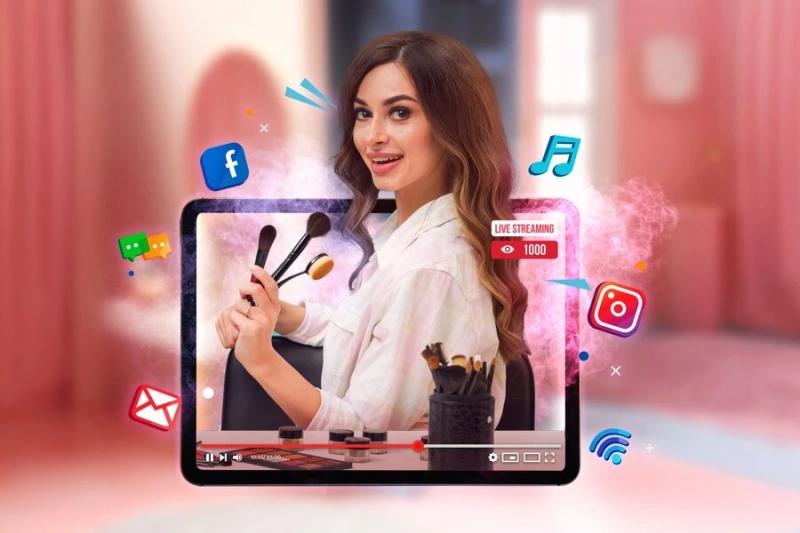In today's digital age, influencer marketing has become an integral part of brand strategies. It's no longer a novel approach but a well-established and continually evolving marketing channel. As we look ahead, the future of influencer marketing promises to be even more dynamic and impactful. In this blog post, we will explore some trends and predictions that will shape the future of influencer marketing.
Micro-Influencers Take Center Stage: While mega-influencers and celebrities have been the go-to choice for many brands, micro-influencers are gaining traction. These influencers, with smaller but highly engaged followings, are perceived as more authentic and relatable. In the future, we can expect more brands to collaborate with micro-influencers to tap into niche markets.
Video Content Dominance: Video content has been on the rise for a while, and it's not going anywhere. Short-form videos on platforms like TikTok and Instagram Reels are becoming increasingly popular. Influencers adept at creating engaging video content will be in high demand, and brands will invest more in video-based campaigns.
Long-Term Partnerships: Instead of one-off collaborations, brands will seek long-term partnerships with influencers. This approach allows for more authentic and sustained storytelling, building deeper connections with the audience. Long-term partnerships also enable influencers to grow with the brand, making it a win-win situation.
AI and Data-Driven Campaigns: AI-driven tools will play a crucial role in influencer marketing. Brands will leverage AI to identify the right influencers, predict campaign outcomes, and measure ROI more accurately. Data analytics will be used to tailor campaigns for specific audiences, increasing their effectiveness.
Sustainability and Social Responsibility: As consumers become more conscious of sustainability and social issues, influencer marketing will reflect these values. Brands will collaborate with influencers who align with their sustainability goals, and influencers will use their platforms to advocate for social causes.
Authenticity and Transparency: Authenticity has always been important, but it will become even more critical in the future. Audiences can spot inauthenticity from a mile away. Influencers and brands will need to be transparent about partnerships and sponsored content to maintain trust.
Diversification of Platforms: While Instagram has been a go-to platform for influencer marketing, diversification is on the horizon. Brands will explore emerging platforms and formats to reach new audiences. This could include podcasts, live streaming, virtual reality, and more.
E-commerce Integration: Social commerce is on the rise, and influencer marketing will play a pivotal role in driving e-commerce sales. Influencers will not only promote products but also facilitate direct purchases through social media platforms.
Global Collaboration: The reach of influencer marketing will continue to expand globally. Brands will collaborate with influencers from different regions and cultures to tap into diverse markets. This will require a nuanced understanding of local preferences and trends.
Regulation and Ethics: As influencer marketing matures, it will face increased regulation. Influencers and brands will need to navigate legal and ethical considerations, such as disclosure rules and data privacy, to avoid potential pitfalls.
In conclusion, the future of influencer marketing is exciting and full of possibilities. It will continue to adapt and evolve as consumer preferences and technology change. Brands that stay ahead of the curve by embracing these trends and predictions will be well-positioned to harness the power of influencer marketing in the years to come.



